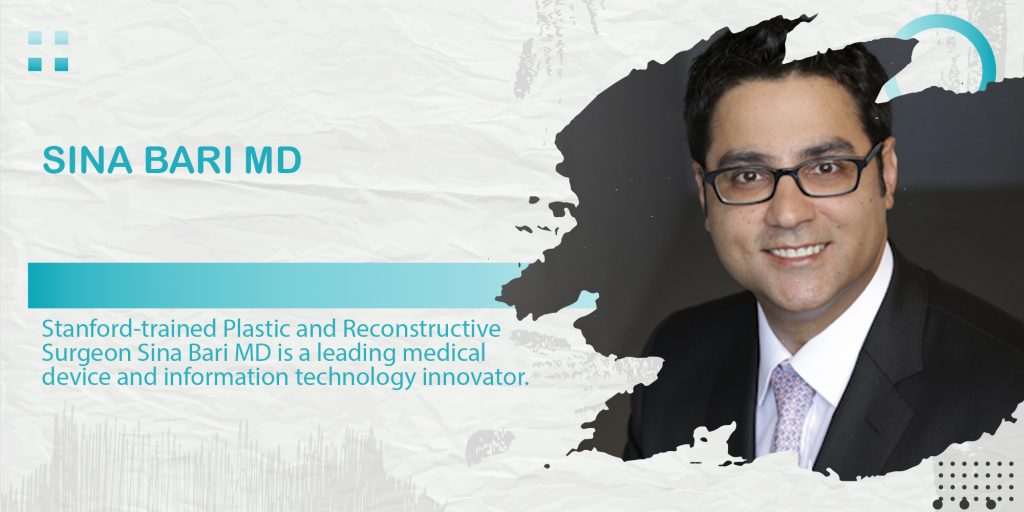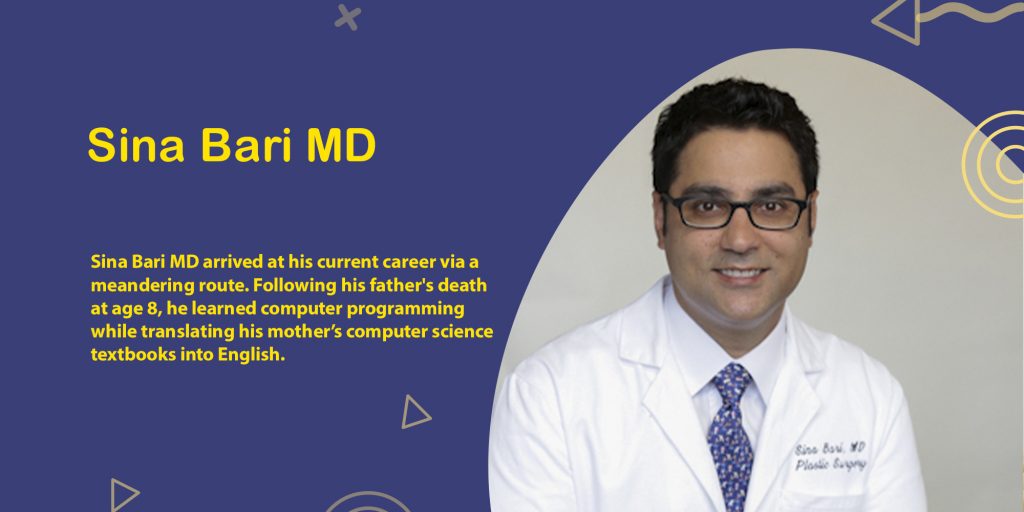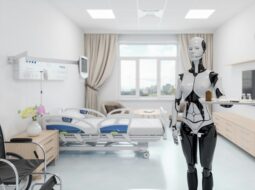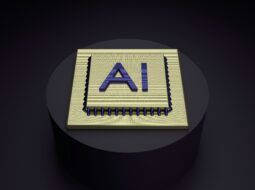About Sina Bari
Stanford-trained Plastic and Reconstructive Surgeon Sina Bari MD is a leading medical device and information technology innovator. His knowledge and expertise are well-respected across the industry as a considered voice in the development of Medical Artificial Intelligence.
Dr. Bari arrived at his current career via a meandering route. Following his father’s death at age 8, he learned computer programming while translating his mother’s computer science textbooks into English. By high school, he had learned advanced UNIX networking and developed biologic simulation software using early parallel supercomputers. Working in IT helped pay for college and medical school, where Sina excelled academically. Dr. Bari graduated from the top of his class at Stanford School of Medicine and was chosen as one of only three participants in the noted Stanford Hospital and Clinics’ accelerated residency program for plastic and reconstructive surgery. He participated in the Stanford Bioinnovation program, developing devices on the market to reduce infection during peritoneal dialysis.
In January 2022, Dr. Bari started as the Senior Director of Medical Artificial Intelligence, or AI, at iMerit Technology. In the preceding three years, Dr. Bari had created and led this division from ideation to the leading company in the space generating over $4M ARR under his direction.
Medical AI is a dynamic field where large-scale datasets harness human intelligence to train computer neural networks. Dr. Bari’s work has significantly improved patient access and care in radiology, endoscopy, robotic surgery, drug development, and drug safety.
Improving patient outcomes is a cause Dr. Bari holds dear from his time as a clinician, while the broad impact of technology fuels his optimism for the future. The intersection of his passions for technology and medicine has helped him shape best practices to provide high-quality training data more efficiently and accurately.

Portfolio
Sina Bari



from the blog



